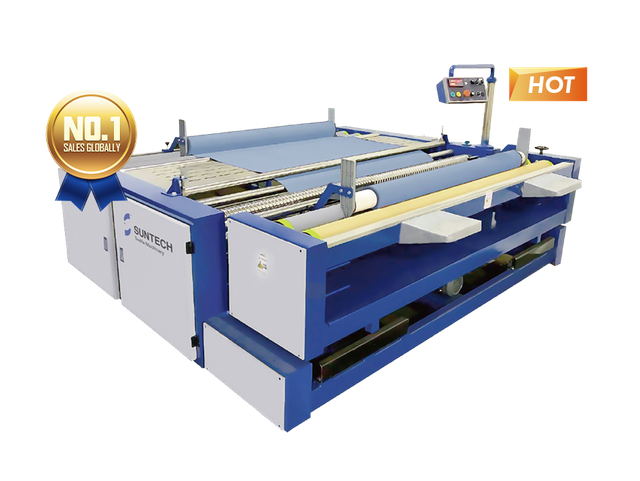In the textile industry, the fabric relaxation machine plays a crucial role in ensuring that fabrics are processed efficiently and effectively. But what exactly is a fabric relaxation machine, and how does it contribute to the quality of textiles? This article delves into the science behind these machines, their operational mechanisms, and the numerous benefits they provide.

Understanding the Fabric Relaxation Machine
A fabric relaxation machine is designed to eliminate tension from fabrics that may have been introduced during the manufacturing process. This tension can lead to undesirable outcomes such as distortion, unevenness, and poor drape. By utilizing controlled heat and moisture, these machines facilitate the relaxation of fibers, allowing them to return to their natural state.
How Does a Fabric Relaxation Machine Work?
The operation of a fabric relaxation machine involves several key steps:
- Heating: The fabric is subjected to a controlled heat source, which helps to soften the fibers.
- Moisture Application: Moisture is introduced to further aid in the relaxation process, ensuring that the fibers can move freely.
- Mechanical Action: The machine uses mechanical means to gently stretch and relax the fabric, allowing it to regain its original form.
- Cooling: Finally, the fabric is cooled down to set the relaxed state, preventing any re-tensioning.
Benefits of Using Fabric Relaxation Machines
Employing a fabric relaxation machine offers several advantages that enhance the quality of textile products:
- Improved Fabric Quality: By removing tension, the fabric achieves a smoother and more uniform appearance.
- Enhanced Drape: Relaxed fabrics exhibit better drape characteristics, making them more suitable for various applications.
- Reduced Production Defects: The likelihood of defects such as puckering and distortion is significantly minimized.
- Increased Efficiency: Streamlining the relaxation process can lead to faster production times and reduced waste.
Applications of Fabric Relaxation Machines
Fabric relaxation machines are widely used in various sectors of the textile industry, including:
- Apparel manufacturing
- Home textiles
- Automotive textiles
- Technical textiles
As industries continue to evolve, the importance of maintaining high-quality standards remains paramount. The fabric relaxation machine is an essential tool in achieving these standards.
Conclusion
In summary, the fabric relaxation machine is a vital component in the textile manufacturing process. By understanding its functionality and benefits, manufacturers can enhance the quality of their products and improve overall efficiency. For those interested in exploring advanced fabric relaxation solutions, visit  for more information.
for more information.








